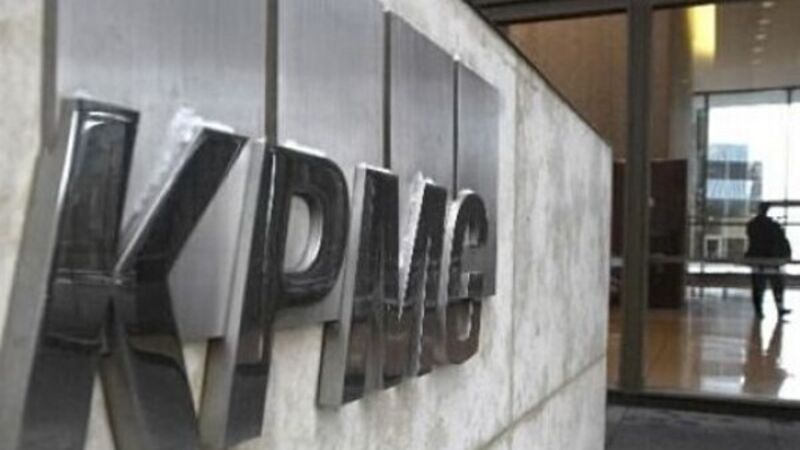Universal Health Insurance: Report found policy would cost four times original predicted price

A 22-page KPMG analysis of the plan to reform the health service, commissioned by State watchdog the Health Insurance Authority, drew the conclusion after examining the likely knock-on effect of introducing the measure.
Under plans championed by former health minister James Reilly and included in the Coalition’s programme for government, the existing two-tier public-private health service was to be replaced with a single-tier system where everyone in the State would have health insurance through the Government.










